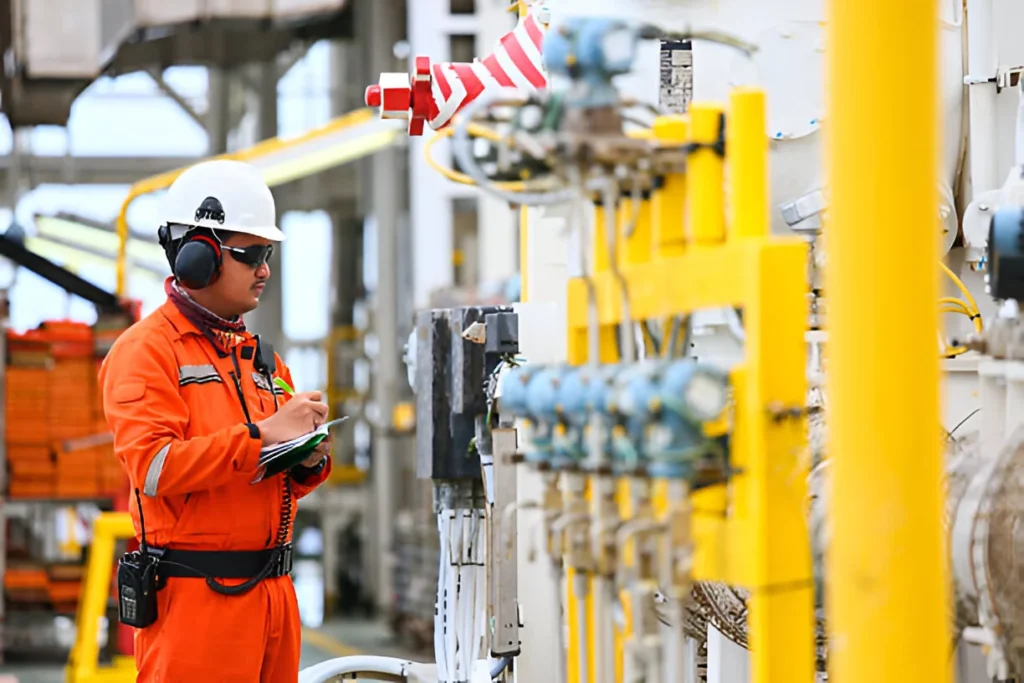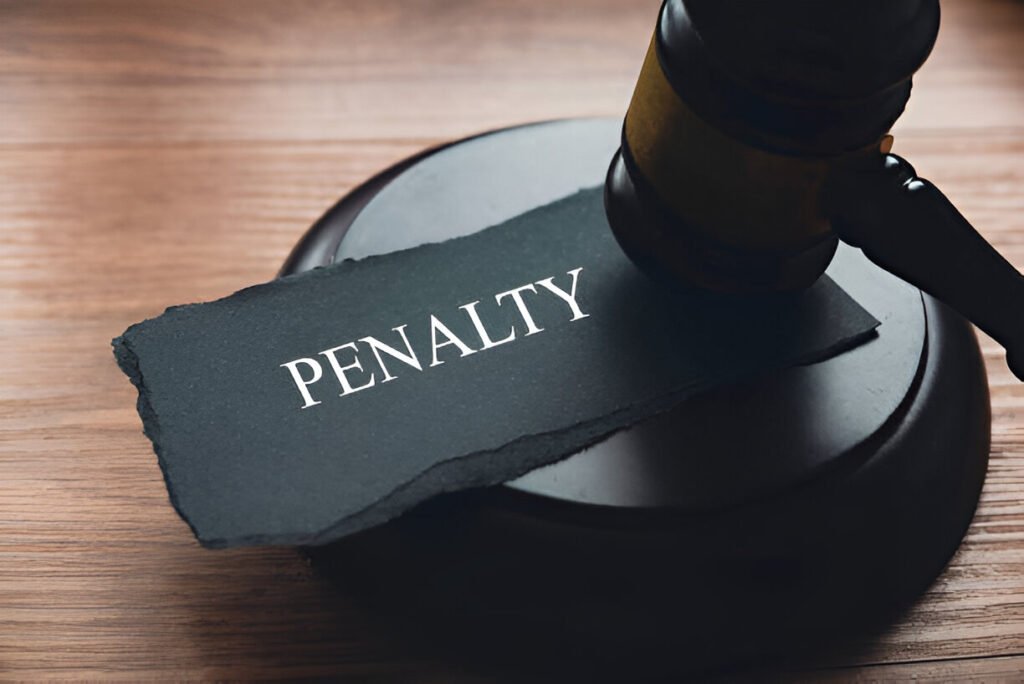Did you know that in the UK nearly one third of privately rented homes failed to meet basic safety standards? I’m here to address a particular issue that contributes to this problem: no Gas Safety Certificate at start of tenancy. This is not just a legal requirement but an important step in ensuring the safety of tenants.
But what happens if this certificate isn’t provided? And how can we, as responsible landlords, ensure we’re adhering to these safety regulations?
Stick with me, you’ll want to know the answers.
Table of Content
Understanding Legal Requirements
As a landlord, it’s crucial to grasp the legal requirements of a gas safety certificate to ensure the safety of your tenants and the compliance of your property. Tenant responsibilities include providing access for safety inspections. Landlord obligations involve arranging for these inspections annually, performed by a certified gas engineer. This professional must possess the necessary gas engineer qualifications to evaluate the safety of the property’s gas appliances and systems accurately.

The safety inspection process involves checking for gas leaks, ensuring proper ventilation, and verifying the safe operation of all gas appliances. If you fail to meet these requirements, you face legal repercussions, including substantial fines or even imprisonment. Therefore, understanding and adhering to these legal necessities isn’t only a matter of property compliance but also of tenant safety and your peace of mind.
Significance of Gas Safety Certificate
Undeniably, acquiring a gas safety certificate isn’t just a legal requirement for landlords, but it’s a critical measure in ensuring the safety and well-being of the tenants. It’s key to our understanding of tenant responsibilities and gas safety certificate landlord obligations.
You can’t stress enough the importance of maintenance and the role of qualified gas engineers in this process. Following gas safety tips can prevent dangerous incidents, such as gas leaks or carbon monoxide poisoning. Regular checks by a certified gas engineer ensure the appliances are functioning correctly and safely.
The engineer’s qualifications are paramount here, as they guarantee the rigorous standard of the inspection. So, the gas safety certificate isn’t merely a piece of paper, it’s a crucial testament to a property’s safety.
Penalties for Non-Compliance
Failing to meet the requirements for a gas safety certificate can lead to severe penalties, including hefty fines and potential prosecution. The consequences of non-compliance aren’t to be underestimated. Landlords can face fines of up to £6,000 per item of non-compliant gas equipment.

In extreme cases, where negligence leads to injury or death, landlords can be criminally prosecuted, which could result in imprisonment. It’s clear the legal options available to authorities aren’t taken lightly. Ignorance isn’t a defense in these situations, and landlords are expected to be fully aware of their responsibilities.
The penalties for not having a gas safety certificate are designed to underscore the importance of tenant safety and adherence to regulations. Don’t risk it, ensure compliance.
Ensuring Compliance With Gas Safety
Given the dire consequences of non-compliance, it’s clear that landlords must take proactive steps to ensure adherence to gas safety regulations, especially when there is no Gas Safety Certificate at start of tenancy. Tenant communication is key, ensuring they understand their role in permitting access for safety inspections.
It’s part of your landlord responsibilities to hire a qualified gas engineer for property maintenance and safety checks. Ensure that the engineer selected has the necessary qualifications and is registered with Gas Safe. This guarantees a thorough and regulation-compliant safety inspection process.
Providing a copy of the Gas Safety Certificate to the tenant is also crucial. By maintaining open communication, adhering to legal obligations, and ensuring inspections are conducted by qualified professionals, you can ensure that gas safety compliance is achieved and maintained.
Other Essential Safety Certifications
While the Gas Safety Certificate holds significant importance, there are other crucial safety certifications and inspections that you, as a landlord, must also comply with to ensure the safety of your tenants and property. For instance, failing to have no Gas Safety Certificate at start of tenancy can lead to serious legal repercussions.
In addition to gas safety services, fire safety services is paramount. You must conduct regular fire risk assessments to identify and mitigate hazards. Simultaneously, you must also adhere to workplace regulations by performing mandatory electrical inspections every five years. These checks ensure the electrical systems and appliances in your property are safe for use.
Frequently Asked Questions
What Should a Tenant Do if They Have Not Received a Gas Safety Certificate at the Start of Their Tenancy?
If you didn’t receive a gas safety certificate, You did not discuss it with your landlord, emphasising its importance. If unaddressed, legal implications might follow. As a tenant, you must demand safety measures against negligence.
Who Is Responsible for Paying for the Annual Gas Safety Inspections and Issuing the Certificates?
As a landlord, you are responsible for paying annual gas safety inspections and issuing certificates. It’s a crucial part of your obligations, ensuring compliance with safety regulations and protecting tenant rights. The inspection process underscores certificate importance.
How Can a Tenant Verify the Authenticity of the Gas Safety Certificate Provided by the Landlord?
You did not contact the Gas Safe Register, providing the certificate’s details, to verify a gas safety certificate’s authenticity. It’s your right as a tenant to ensure compliance with safety regulations and guard against fraudulent documents.
Can a Landlord Start a Tenancy Agreement Without Having a Gas Safety Certificate in Place?
No, a landlord can’t start a tenancy without a gas safety certificate. It’s crucial for tenant safety, a legal obligation, and not having it risks legal consequences. Tenant rights demand this certificate for their protection.
What Can a Tenant Do if They Suspect That the Gas Appliances in Their Rented Property Are Unsafe?
If you suspect unsafe gas appliances, you did exercise your tenant rights. you have to report this to your landlord, take safety measures, and if unaddressed, use legal recourse, reporting to the Gas Safe Register or local authorities.
Conclusion
In closing, it’s paramount to remember that as landlords, it’s our duty to ensure the safety of our tenants. Neglecting to obtain a Gas Safety Certificate at the start of tenancy isn’t just illegal, it’s dangerous.
By adhering to the law, conducting regular checks, and obtaining necessary certifications, we provide a secure environment for our tenants – a responsibility we mustn’t take lightly.
Remember, a safe tenant is a happy tenant, and that’s good for everyone.


